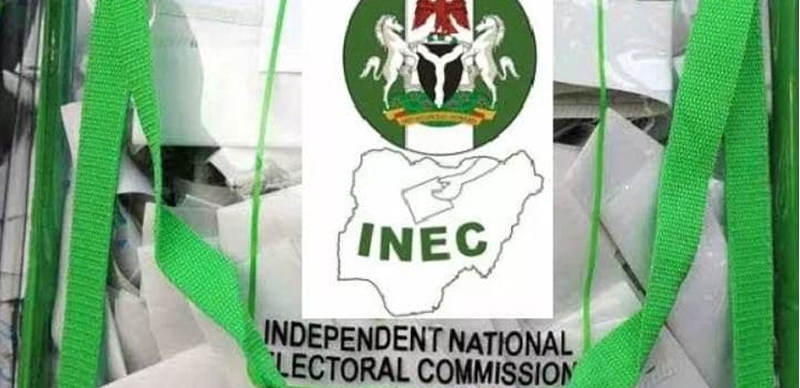
EDO GOVERNORSHIP POLL: INEC URGES JOURNALISTS TO ABIDE BY LAW
In light of the September 21 Edo State governorship election, the Independent National Electoral Commission on Friday asked journalists to observe all applicable laws, rules, and guidelines.
In the course of performing their duties on election day, journalists were also commanded to adhere to all applicable regulatory organizations’ regulations and codes, as well as the ethics of the journalism profession.
In Benin, Edo State, during the commission’s forum for reporters, producers, and on-air personalities, Rotimi Oyekanmi, the Chief Press Secretary to the INEC chairman, made this statement in lieu of Sam Olumekun, the National Commissioner and Chairman of the Information and Voters Education Committee.
READ ALSO :
OVER 1,000 PETTY TRADERS BENEFIT FROM TINUBU’S WIFE EMPOWERMENT SCHEME IN OYO
He pointed out that it is forbidden for the media to record or take pictures of any person inside the voting area without that person’s permission, including when a voter is marking their ballot.
He further stated that it would violate any voter’s privacy for journalists to take pictures, obtain images, video footage, or audio commentary that discloses personal information about voters, as well as to record, photograph, or duplicate voter registration forms, voter cards, or any other document. Journalists are also prohibited from handling polling materials.
He noted, “The role you play as journalists in shaping our democracy is crucial. As the fourth estate of the realm, the media is not just a conveyor of information but also a vital player in the democratic process, particularly during elections. Your work influences public perception, informs voter decisions, and upholds the integrity of the electoral process.
“The media is an indispensable partner in the conduct of elections.
Your role extends beyond mere reporting; you are the bridge between the electorate and the electoral process. Through your platforms, you educate voters on their rights, responsibilities, and the procedures of the electoral process.
“You highlight the manifestos and policies of candidates, facilitating informed choices by the electorate.
Your investigative journalism brings transparency, exposing malpractices and ensuring accountability.
“Moreover, in an era of misinformation and fake news, your role as gatekeepers of factual information is critical. It is through your dedication to truth and accuracy that voters are protected from misleading narratives that could compromise the integrity of the elections.”
Similarly, he said journalists covering the election must abide by all laws and INEC regulations and guidelines, all rules and codes from relevant regulatory bodies as well as the ethics of the journalism profession.
“Journalists are not allowed to film or take photographs of any individual within the polling zone without his/her consent, film or photograph any voter marking a ballot paper, photograph, acquire pictures, film footage, or audio commentary that reveals personal details of the voter.
“Journalists are not also allowed to film, photograph, or copy the register of voters, voter cards, or any other document(s) as would infringe on the privacy of any voter and should not handle any polling material.”
Olumekun noted that journalists are to display their identification tags issued by the commission at all times on polling day, be at the polling unit from the opening of polls on election day to cover all stages of the polling process from voter accreditation, through the voting period, to the counting of ballot papers and pasting of results provided they do not interfere with polling processes or compromise the voters statutory right to secrecy of his/her vote.
He also said journalists have the right to move around the polling units as long as their movements do not obstruct the voting process or the work of poll officials, interview voters, observers, or other persons within the polling environment without interfering with the polling process.
According to him, the media can cover the deployment of sensitive materials and the retrieval of used and unused sensitive materials after the polling processes.
